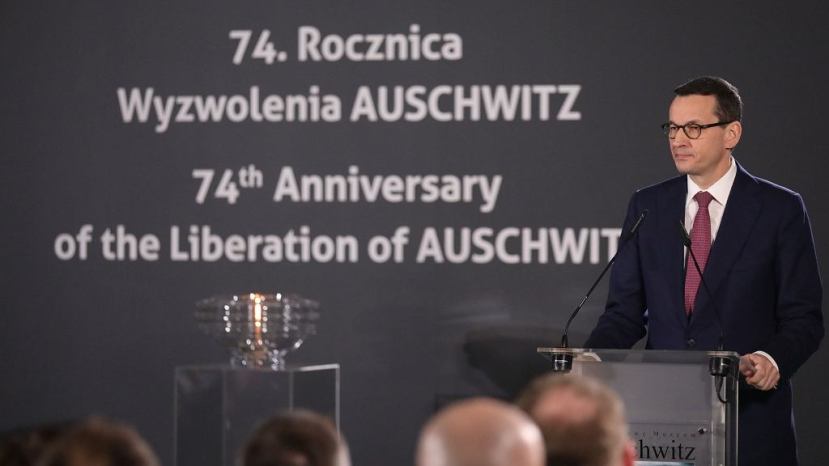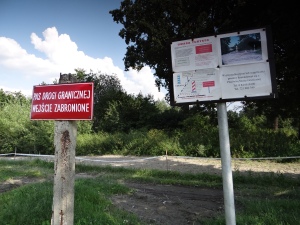We’re hiring editors, seeking freelance contributors and partner institutions, and looking for interns and volunteers
Notes from Poland is a leading English-language source of news, insight and analysis on Poland, with a combined 50,000 followers on Facebook and Twitter. We are now expanding, with a new website that will feature daily news coverage, original journalism, and content from expert authors.
Thanks to the success of our fundraising efforts, we have secured resources to launch the new service later this year. As such, we are seeking to:
- hire two paid editorial staff members
- build a network of freelance contributors and partner institutions
- offer opportunities for interns and volunteers
See below for more on each of those positions. Learn about our history, our plans and our team here. And familiarise yourself with our current activity via our Facebook and Twitter feeds (which is where our work until now has been focused) and the articles on this, our old website (which will soon be replaced by the new one pictured above). Continue reading









